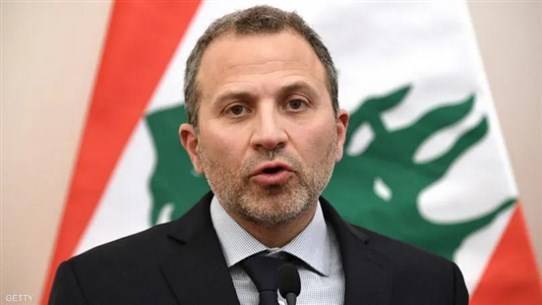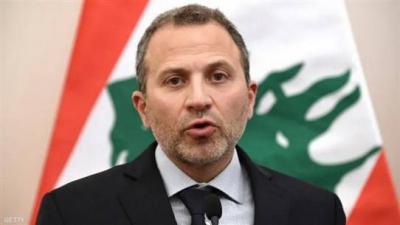Deputy Gebran Bassil informed the Secretary-General of Hezbollah in their last meeting that the two names he rejects for the presidency are the head of the Marada Movement, Sleiman Frangieh, and Army Commander General Joseph Aoun. He is willing to discuss and negotiate other names. Why does Bassil reject the army commander, who is supposed to be politically not far from the Free Patriotic Movement, while Hezbollah has confirmed through its close associates that it does not impose a "veto" on Aoun's name?
The relationship between Deputy Gebran Bassil and Army Commander General Joseph Aoun has never been excellent. Bassil wanted to appoint another officer to lead the army, but President Michel Aoun chose a family member from the southern town of Aichiyeh, where he has many supporters.
Initially, Bassil dealt with the situation. He met Aoun several times on different occasions, but soon the relationship cooled to the point of a rupture. The army commander refused to address Bassil directly, but he would respond, when asked about his relationship with the “Free Patriotic Movement” leader, that the relationship with any politician depends on the extent of their interference in army affairs; the less they interfere, the more of a friend they are; the more they interfere, the more of an enemy they become.
This previously indicated clearly that Bassil was interfering in military affairs, and he clashed with General Aoun many times, even during meetings held at Baabda Palace. Mediators later intervened, including a deputy from the Free Patriotic Movement, and a meeting was held at the presidential palace with President Aoun present. However, the reconciliation was not practically realized, and the relationship between Aoun and Bassil remained cut off, while the army commander maintains good relations with deputies belonging to the Free Patriotic Movement. This indicates that the negative stance is limited to the two men and does not encompass the party or the political stance.
Since his appointment, the army commander has ensured that no interference occurs in his authorities or military affairs, which is why he did not have a good relationship with more than one Minister of Defense, particularly with the two ministers named by Bassil, namely Yakoub Sarraf and Elias Bou Saab.
However, General Aoun enjoys respect and appreciation from several deputies within the “Movement,” as well as from a large segment of his supporters, which Bassil is well aware of. This means that Aoun would be capable, if elected, of attracting part of the base of the “Movement” as well as its deputies, which would inevitably weaken Bassil, especially if Aoun's presidency is successful. This does not apply to other candidates such as Sleiman Frangieh.
Additionally, Aoun could bring closer to him former leaders of the “Movement” who are currently in disagreement with its current leadership, in addition to independent figures, including those close to the orange team. Thus, Bassil rejects the election of Aoun. The unfriendly relationship, the difficulty of dealing with a "military to the core," and the "general's" ability to take from Bassil's "Aouni" plate make it highly unlikely that the "Movement" leader would accept the election of the army commander, unless a significant settlement occurs in which Bassil is a partner and "sells" his approval to an external team, like America, for instance.
The question remains for many: Will Hezbollah one day override Bassil's rejection and agree to elect General Aoun?




